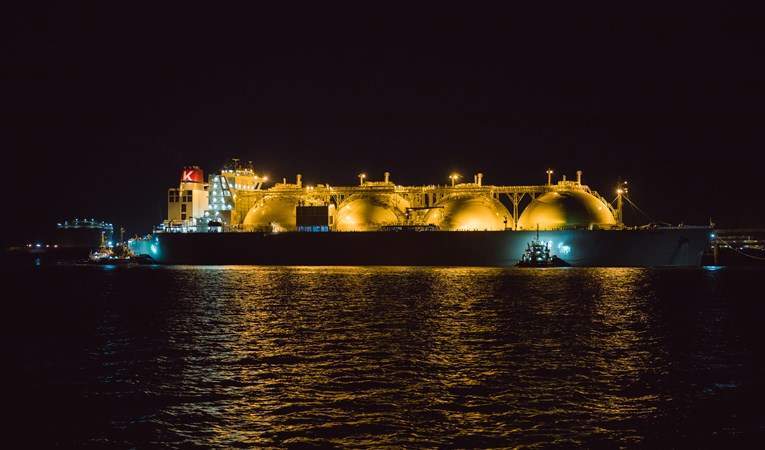Japanese oil company Inpex and its partners have officially inaugurated the $34bn Ichthys LNG project located offshore Western Australia.

Image: Inpex ships first LNG cargo from $34bn Ichthys LNG project. Photo courtesy of Inpex Corporation.
An event commemorating the start-up of operations at the Ichthys LNG project was attended by Australian Prime Minister Scott Morrison and Japanese Prime Minister Shinzo Abe among other dignitaries.
Located some 220km off the Western Australian coast, the Ichthys LNG project entered into production of gas in late July.
Last month, the project began shipment of liquefied natural gas (LNG) and is scheduled to ramp up its LNG production volume gradually and produce about 8.9 million tons of LNG per year.
About 70% of the LNG produced from the Ichthys LNG project will be supplied to Japanese customers.
The LNG project has also started shipment of condensate and liquefied petroleum gas (LPG) and is slated to produce about 1.65 million tons of LPG annually along with close to 100,000 barrels of condensate per day, at peak.
Inpex CEO, president and representative director Takayuki Ueda said: “Ichthys LNG is an iconic project. We are very proud of the economic and social contributions INPEX and Ichthys LNG have made to date – along with 40 years of future operations that will provide lasting economic and social benefits for Australia and energy security for Japan.”
The project had seen development of the Ichthys offshore gas and condensate field contained in water depths of 260m along with an 889km gas pipeline.
Also part of the project is an onshore LNG plant near Darwin in the Northern Territory. The onshore LNG plant features two LNG trains and facilities, which are designed for the extraction and the export of liquefied petroleum gases (LPGs) and condensate.
Inpex is the operator of the Ichthys LNG project with a stake of 62.245% and is partnered by Total (30%), CPC Corporation (2.625%), Tokyo Gas (1.575%), Osaka Gas (1.2%), Kansai Electric Power (1.2%) and others. The LNG project is anticipated to be operational over a period of 40 years.
